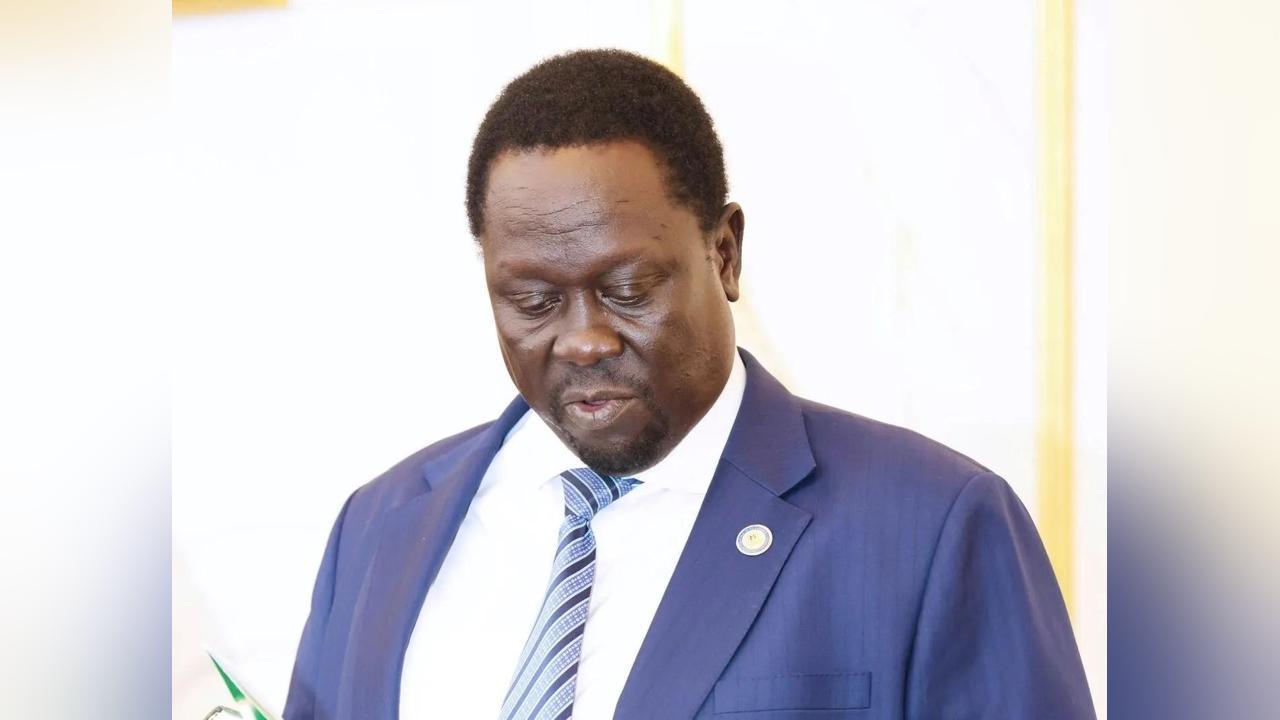Africa-Press – South-Sudan. The South Sudan government on Tuesday called on the private sector to invest in agriculture to increase productivity and food security in Africa’s youngest nation.
In his key address during the opening of the 3-day Juba Economic Forum, Minister of Agriculture and Food Security Hussein Abdelbagi Akol said there is a need for the private sector to join forces with the ministry to upscale investments in food production.
“We call on our private sector to redirect their capital and energy power for future productive agricultural ventures,” Abdelbagi said.
Abdelbagi stressed the need for the private sector to unlock potential in the agricultural sector to boost food production.
“In farming, agriculture provides value chain irrigation, mechanization, storage, and export logistics. Let us draw inspiration from our nations,” he said.
He underscored the need to embrace agriculture as a cornerstone of economic transformation.
“As a government, we are fully committed to creating a conducive environment for agricultural businesses to produce food policies, support improved infrastructure, facilitate land access, and create a public-private partnership.”
He called on citizens to become self-reliant in food production to reduce dependency on imports.
“I wish to renew our appeal to our international partners and financial institutions to finance agriculture not just through micro-projects for humanitarian intervention but through long-term and catalytic investment. That means a resilient food supply system and national self-reliance,” he said.
For his part, Paulino Lokudu Obede, Deputy Governor of Central Equatoria State, emphasized the need to embark on farming to combat over-dependency on food imports.
“It is unfortunate that the reality is otherwise. We import food items like maize, loaf, pumpkin, mint, rice, beans, and other varieties of consumable products from our neighboring and overseas countries,” Lokudu said.
He stressed the need to transform the country into a diversified, inclusive, resilient, and sustainable economy.
For More News And Analysis About South-Sudan Follow Africa-Press






